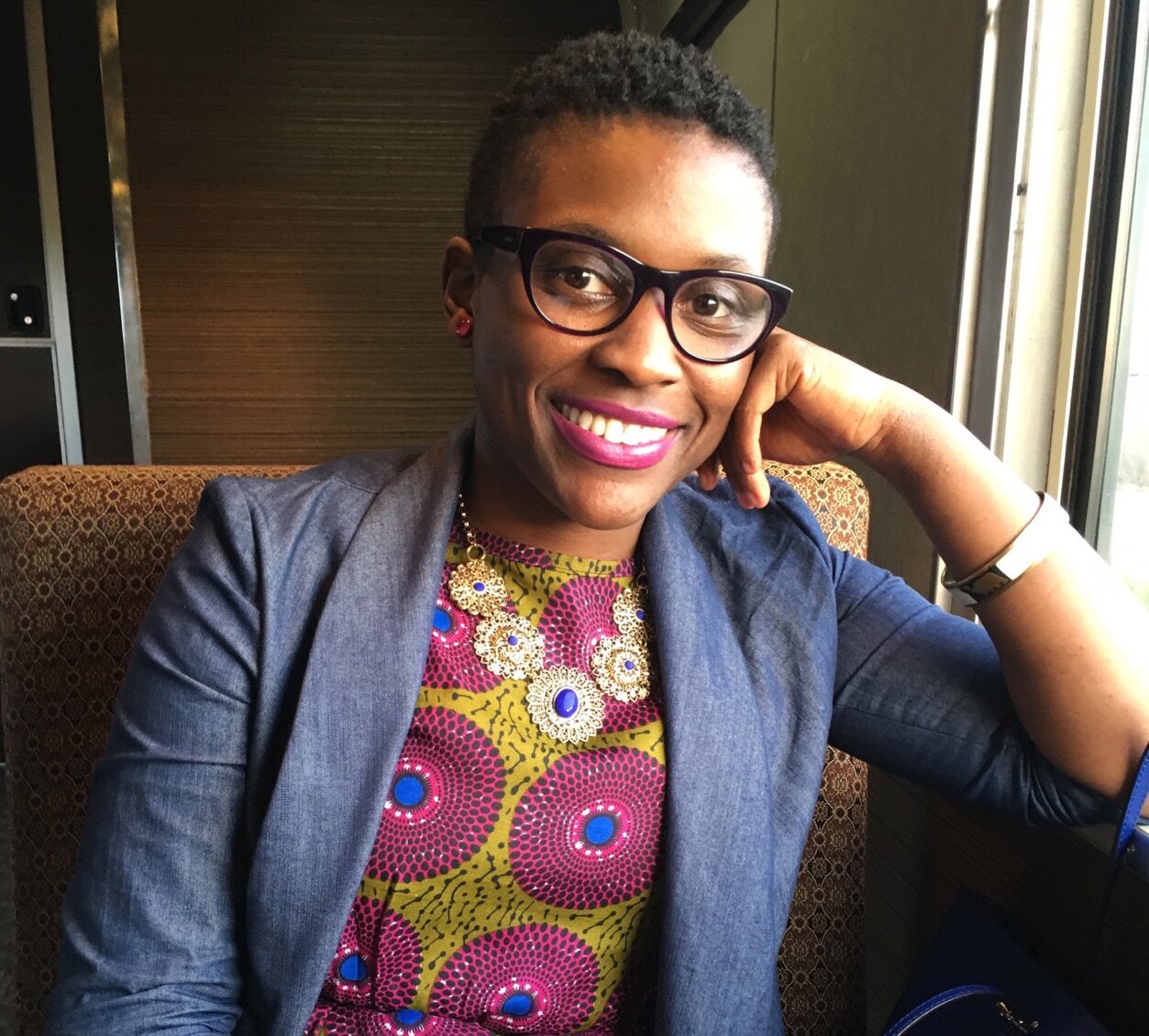As an East Oakland native, my family rarely visited the City of Trees when I was growing up. But in 2014, I moved to Sacramento to pursue my Ph.D. in Cultural Studies at the University of California, Davis after being away from the Bay Area for five years for college.
I quickly realized that Oakland no longer looked or felt like my home—I didn’t recognize the new naming of neighborhoods, and I couldn’t understand why people were suddenly flocking to live near Lake Merritt, of all places. Thus, I quickly found myself fully immersing in everything Black Sacramento had to offer as a way to cope and find new community.
In the three years since I moved to Sacramento, I’ve watched the city go through another cycle of resegregation, or what most people today describe as “gentrification.” I even experienced displacement head-on due to rapidly rising rents and subpar living conditions in Oak Park. However, as a Black millennial transplant in the city, I struggled with living in this neighborhood that I was growing to love so much, recognizing that I, too, was a part of the problem.
Knowing this, I quickly delved into the organizing network to become a part of the solution—there were local movements to form, such as growing a community land trust and organizing a city-wide tenants union and transit riders union to fight back the onslaught of local neoliberal policymaking and redevelopment. I have participated in various direct actions and other measures to combat and resist gentrification, police brutality and racial injustice.
But beyond the physical changes, so much of the history of Black Sacramento—in particular Oak Park—is and will continue to be lost unless something is done. With the displacement of longstanding residents, aging elders and state-sanctioned violence and criminalization killing and confining the lifeblood of our history, “Black Sac” is disappearing and being replaced with narratives and iconography created by developers and new residents with no desire or thought to pay homage to those who came before them.
So earlier this year, I began pitching an idea to comrades, neighbors and colleagues: A grassroots, oral history project in Sacramento aimed at capturing the narratives of remaining Black Oak Park residents, Black residents from or living in other neighborhoods, and displaced Black Sacramentans.
The project emerged as an effort to create a community archive in collaboration with existing cultural spaces in the community, like the Brickhouse Art Gallery and Underground Books, and to combat the erasure of Black Sacramento from the broader historical narrative of the city. If successful, these narratives will be converted into educational materials and a museum exhibit, ensuring that all the information would be accessible to the community and future generations.
I began the Black Sac Oral History Project this summer, interviewing both current residents and some that have recently been displaced. As someone drawn to art and culture, I focused first on local Black women artists, including muralists, painters, poets, curators and art educators.
I plan on releasing portions of those interviews on Voices: River City in the coming months. However, this project is and should be bigger than just me and my work. To truly be grassroots and for the people, it needs you and other Black Sacramentans, too, to hit the streets and community spaces as street journalists and public historians. I can teach you how.
In one of my interviews, a young poet mentioned that Sacramento is a complex and diverse city, but she sees the narrative and history of the area being rendered a monolith. She feared developers would have the final say on not only the future of the city, but also its history. She feared that the rich and vibrant Black art scene in Sacramento would be forgotten or hijacked by the likes of people such as Hobo Johnson, a white rapper based out of Oak Park that was recently named one of the city’s hottest MCs by local news outlets. [Editor’s note: While Hobo Johnson was not originally available for comment, he has since publicly stated that he has Latino and Native American roots.]
While I know it will take much more than a collection of personal and communal histories to fight segregation and dismantle the many systems of oppression that support it, the aim of this grassroots project is to collect the stories of current and displaced Black Sacramentans in an effort to preserve the history of this community, pushing it into mainstream history, and serving as a community resource of ancestral strength and resilience for generations to come.
If you or anyone you know would like to participate in the Black Sac Oral History project, please email me at BlackSacOralHistory@gmail.com.







